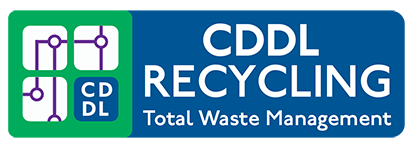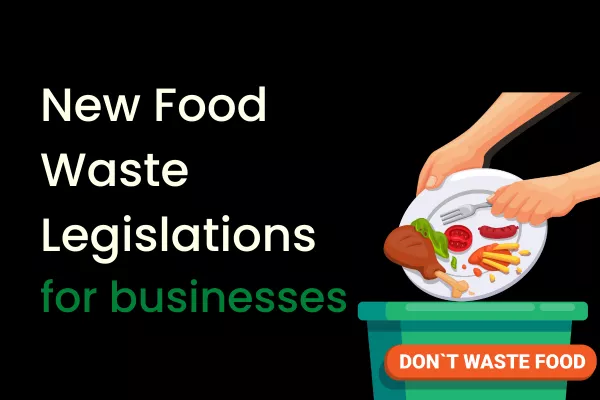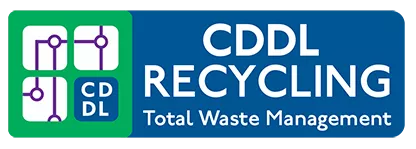How to correctly dispose of food waste
If the thought of disposing food waste in your specified bin makes your stomach turn then maybe it’s time to change your habits.
Read our guide on how to dispose of food waste, to help not only yourself but also the environment.
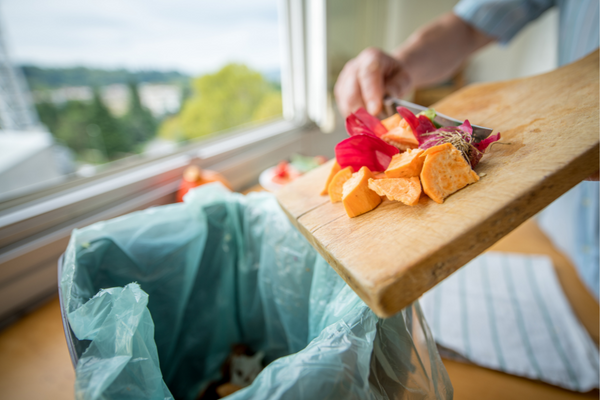
Dispose of Household food waste by recycling
We should all be familiar with the small food caddy provided by most local councils to households and workplaces. But perhaps you’re not sure what waste you can put in your food waste caddy. All solid foods, raw or cooked can be thrown into these bins. However, you should not include food packaging in your food waste caddy. Otherwise, council waste collectors may refuse to take its contents as the bin will be considered as ‘contaminated’. Instead, to avoid this, you should dispose of it properly, and recycle it where you can.


Think before you bin it.
If you’re becoming increasingly aware of the amount of food you’re discarding, maybe it doesn’t have to be thrown immediately. Instead of buying breadcrumbs in a box, blitz your stale bread and use it in meatballs, or to cover chicken and create goujons. Perhaps you live a vegan or veggie lifestyle and use chickpeas often in your dinners, save the liquid, or aquafaba, as an eggcellent replacement for eggs.
If these ideas sound brilliant but you still don’t have the time to cook your food before its best-before date- consider freezing it for a later date. Remember, the freezer is your friend. Freeze your soft bananas for shakes or smoothies, or fill ice cube trays with leftover stock.
The majority of the time we throw away perfectly good food. In fact, one in three of us is throwing away food because of the use-by date. But 60% (4.2 million tonnes) of the £12.5 billion-worth of food thrown out each year is still safe to eat.
Help the environment
Small changes like reducing the amount of food waste we create can significantly help the environment. When not disposed of correctly, food waste will expel a harmful greenhouse gas called methane. Methane is 30% more powerful than carbon dioxide. That’s because when it leaks into the air, it absorbs the sun’s heat more effectively than carbon dioxide does. While methane gas does not stay in the atmosphere as long as carbon dioxide does, it is initially far more devastating to the climate due to its potency.
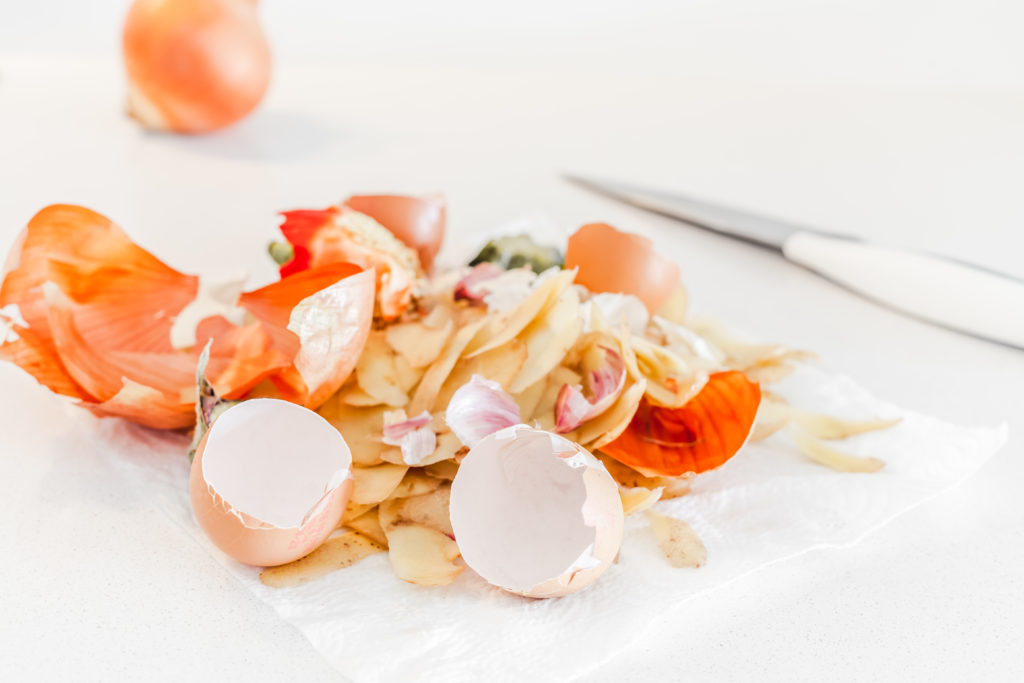
Commercial Food Recycling
Unlike household waste, Business waste is not managed by local authorities. Therefore commercial waste management providers are contracted to transport and dispose of the food waste. If you’re a business owner in the food industry and are looking for a licensed waste carrier to manage your food waste or bin collections, CDDL has the perfect solutions for you.
Composting
Those out there with green thumbs will already be aware of the incredible benefits of creating compost from your food waste. But for those who aren’t aware, composting is one of the most common and sustainable methods of food waste disposal. As the waste decomposes, it creates a natural fertiliser.
With our helpful guidance, you can ensure you are making the most of your food waste management and reducing your environmental impact. If you are not currently managing your commercial waste or business waste, contact us today and learn more about which service would be best suited to your organisation.
